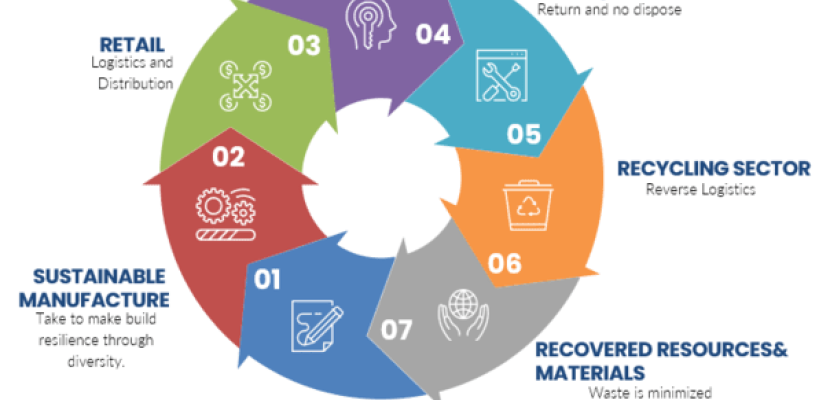
Aristotle University Thessaloniki - Sustainability Engineering Laboratory

About this good practice
The Sustainability Engineering Laboratory (SEL) at Aristotle University of Thessaloniki addresses the critical challenge of integrating sustainability into engineering by focusing on the interplay between Environment, Energy, and Economy. Driven by the need for effective waste management, energy efficiency, and climate change adaptation, SEL conducts fundamental and applied research to develop innovative solutions for various economic sectors. It implements cutting-edge waste treatment technologies, biowaste and biomass utilization, energy circularity strategies, and technological solutions for environmental protection. Additionally, the lab specializes in Life Cycle Assessment (LCA) and eco-design, refining sustainability principles for products and services while evaluating environmental and social impacts. SEL also contributes to energy strategies by developing theoretical models and tools to reduce greenhouse gas emissions. Its implementation involves collaboration with regional authorities, universities, SMEs, and industries to ensure practical applicability and impact. Key stakeholders include students, researchers, policymakers, and businesses, all benefiting from SEL’s expertise and research. The lab plays a crucial role in educating future sustainability engineers, supporting industry in adopting green technologies, and guiding policymakers toward evidence-based sustainable development strategies.
Resources needed
The laboratory needs at more than 3 FTE’s/year and receives public and private funding. The ratio of funding is 25% public funding and 75% private funding. The rest resources (land etc.) are easily provided due to the public nature of its structure.
Evidence of success
The major goal of the laboratory focuses in providing education under the subjects of: Research in Industrial Ecology and Industrial Symbiosis principles and models
Rationalizing energy use with emphasis on issues of circularity, heat transfer and thermal energy utilization in industry
Raw materials and waste circularity in industrial eco-parks
Reverse Logistics and Green Supply Chain
Sustainable value chains based on the synthesis of sustainability pillars (economy, environment, society)
Potential for learning or transfer
This university laboratory offers a valuable educational model for other regions by integrating Industrial Ecology, Circular Economy, and Sustainable Supply Chains into academic curricula. Key success factors for transfer include interdisciplinary teaching, collaboration with industry, and hands-on research opportunities. Challenges may arise from limited institutional support or insufficient industry-academia links. The lab’s focus on applied learning, such as Reverse Logistics and Energy Circularity, equips students with practical skills for sustainable industries. Similar models have been successfully implemented in universities across Europe, enhancing knowledge transfer and workforce readiness in the green economy.